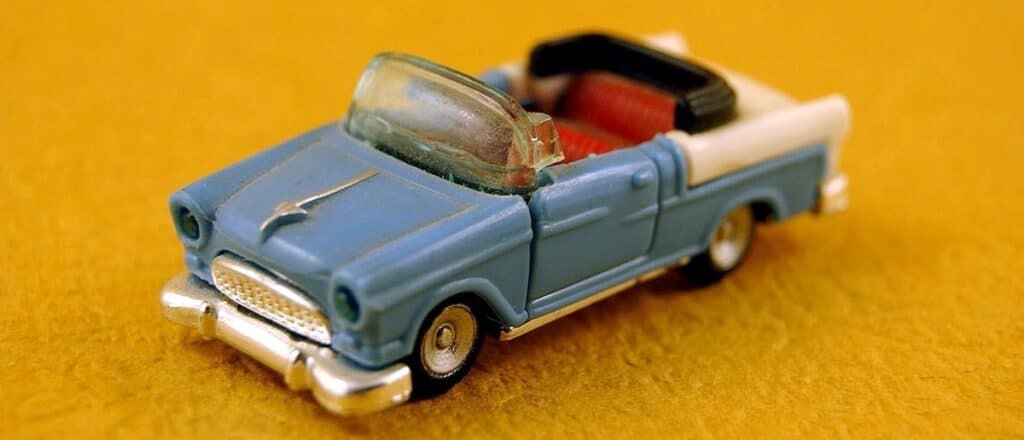Transferring Vehicle Ownership After Owner Passes Away in Alberta
Motor vehicles are often the forgotten puzzle piece in the estate planning process. Last year, a CBC news story from Ontario, entitled “Give me the damn car: Red tape keeps grieving widow from driving clunker” gained some traction and generated over 450 comments online.
You can read the full article here if you’re interested, but to summarize, an Ontario woman’s husband passed away leaving behind an $800.00 Hyundai-brand car registered in his sole name. The registry offices in Ontario requested that the woman provide an Ontario equivalent to what we in Alberta call a Grant of Probate. The legal fees to obtain such a grant from the Ontario courts well exceeded the value of the car itself.
So, What Happened?
In the end, the Ontario Ministry of Transportation agreed to transfer ownership of the car into the widow’s sole name upon receipt of a letter from a lawyer detailing the circumstances of the situation. While the situation resolved itself after much publicity, surviving relatives often incur significant legal expenses to recover ownership of a deceased loved one’s vehicle.
Estate Planning for Vehicles in Alberta

In my experience as a Wills and Estates lawyer, clients often neglect to consider motor vehicles in their Estate plan. At West Legal, we take a holistic approach to Estate planning. While a Will is undoubtedly important, it’s insufficient on its own without thoughtful consideration and additional planning.
As part of our flat-rate legal fees, our Wills & Estates lawyers typically meet with clients for 1 hour to discuss their Estate plan in detail prior to drafting their Wills. This planning stage is important, because it assures you that you’ve “overturned all stones” in your Estate plan, prior to having your Will drafted.
When it comes to motor vehicles, we may advise clients to add a second registered owner to their shared vehicle, however, we also discuss the potential downsides of taking that step. For example, a car may be financed by one driver, and adding a second registered owner may require you to refinance the vehicle in order to update the registration. It’s also important to consider that once a second person is added to your vehicle registration, they become an equal owner of the vehicle. That means that a judgment creditor, divorcing spouse, or another third party could potentially make a claim against your vehicle.
Avoiding Probate
While there isn’t a one-size-fits-all formula for avoiding probate in Alberta, a well thought out Estate plan offers valuable insurance, especially when it comes to motor vehicles. If your circumstances mitigate against adding a second person to your vehicle registration, a valid Will offers some peace-of-mind. While the Alberta Registry offices are entitled to exercise discretion, they may transfer ownership of a deceased’s vehicle upon receipt of an original Will, death certificate, and proof of insurance from the Personal Representative of the estate, without requiring a Grant of Probate.
Develop Your Estate Plan

Our flat-rate legal fees for Wills are posted on our website, and are, in most cases, a fraction of what a probate application would cost. A valid Will offers your Estate, and ultimately your beneficiaries, an opportunity to potentially save thousands of dollars on a probate application, and ensures that your assets are distributed according to your wishes.


Hi, My friends father passed away. As it stands she would like to purchase a vehicle that at this point is considered residue from the estate. The estate has debts to settle. She wants to own the vehicle. Can she purchase the vehicle from the estate by speaking to the business which owns the debt and having the loan transferred to her, having the title transferred by the executor, or must it be used as real property to pay outstanding debts that the estate has accrued?